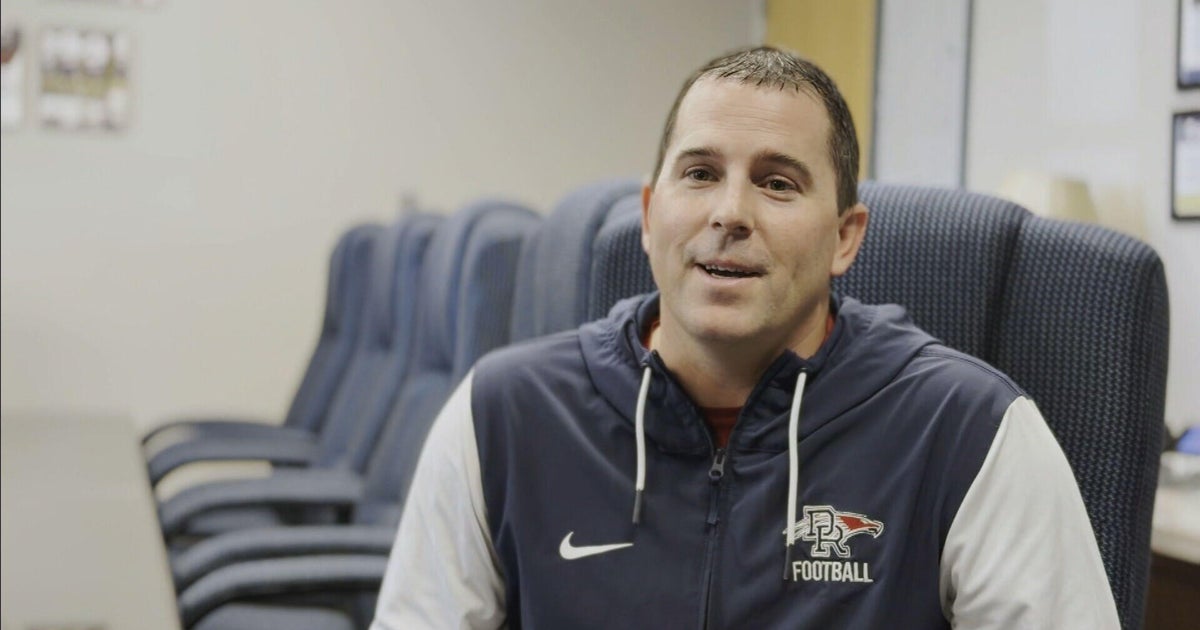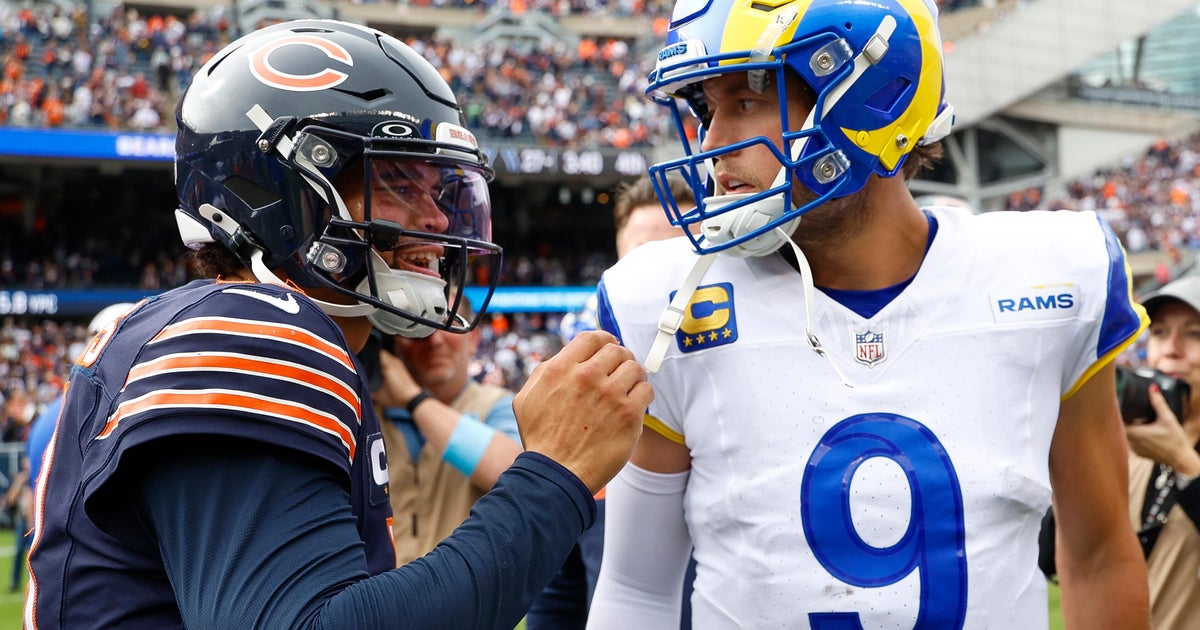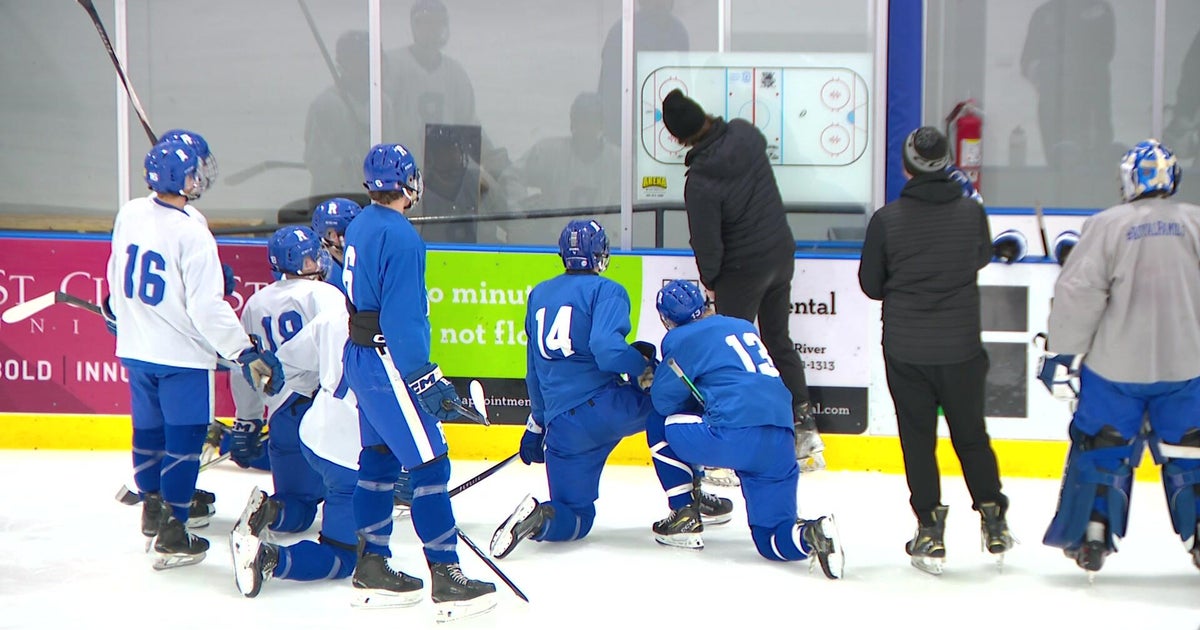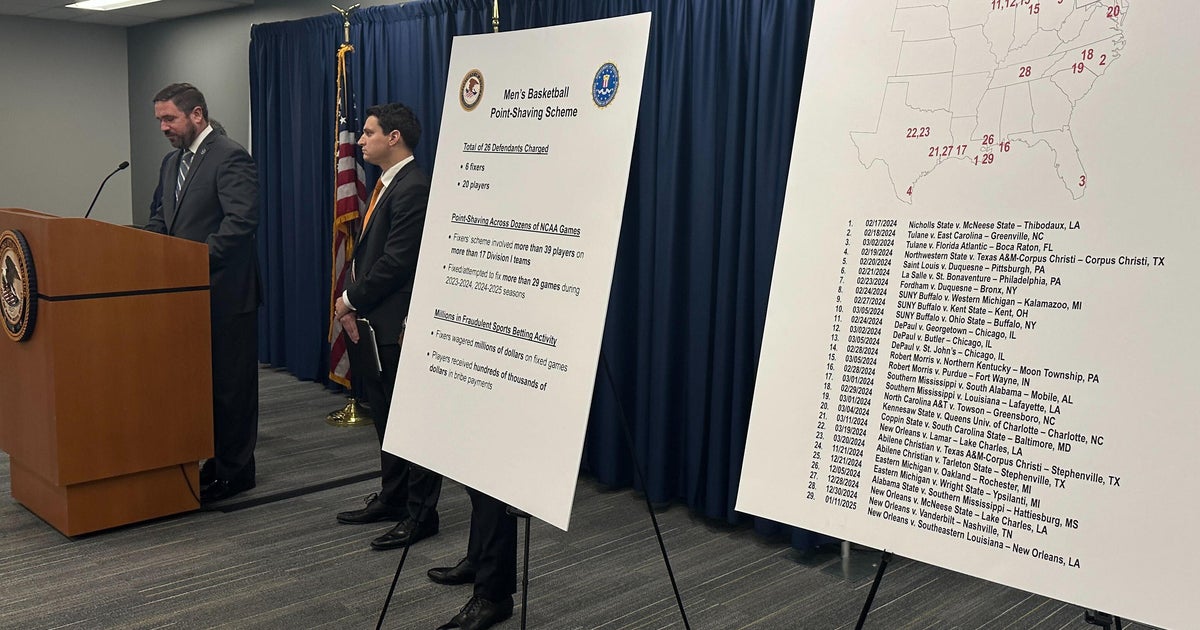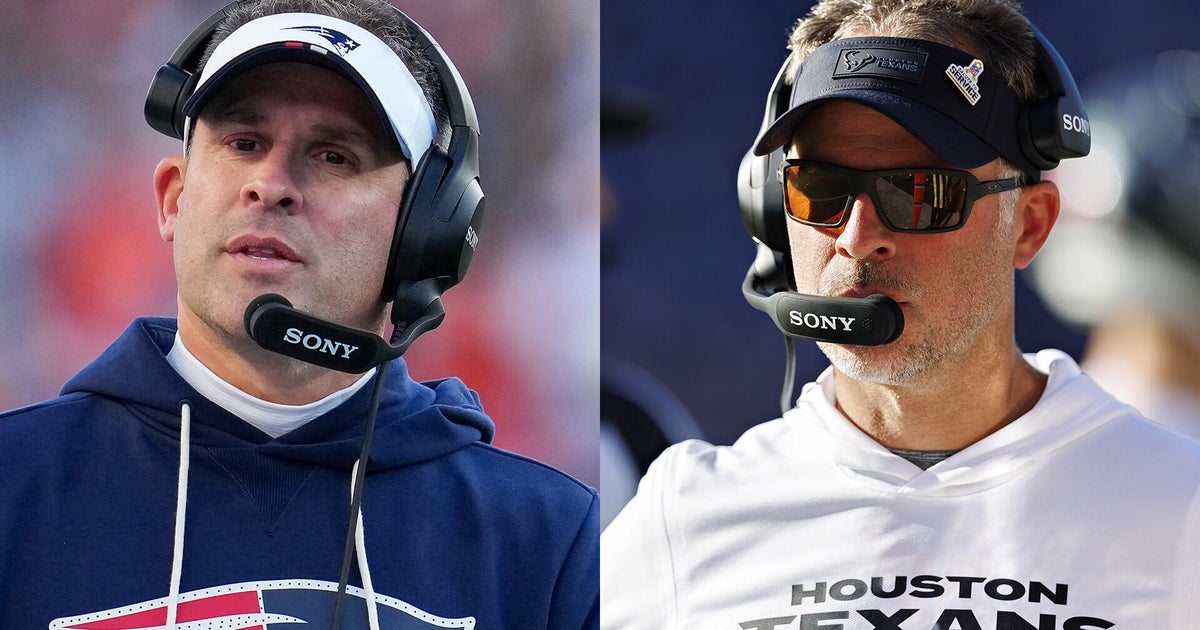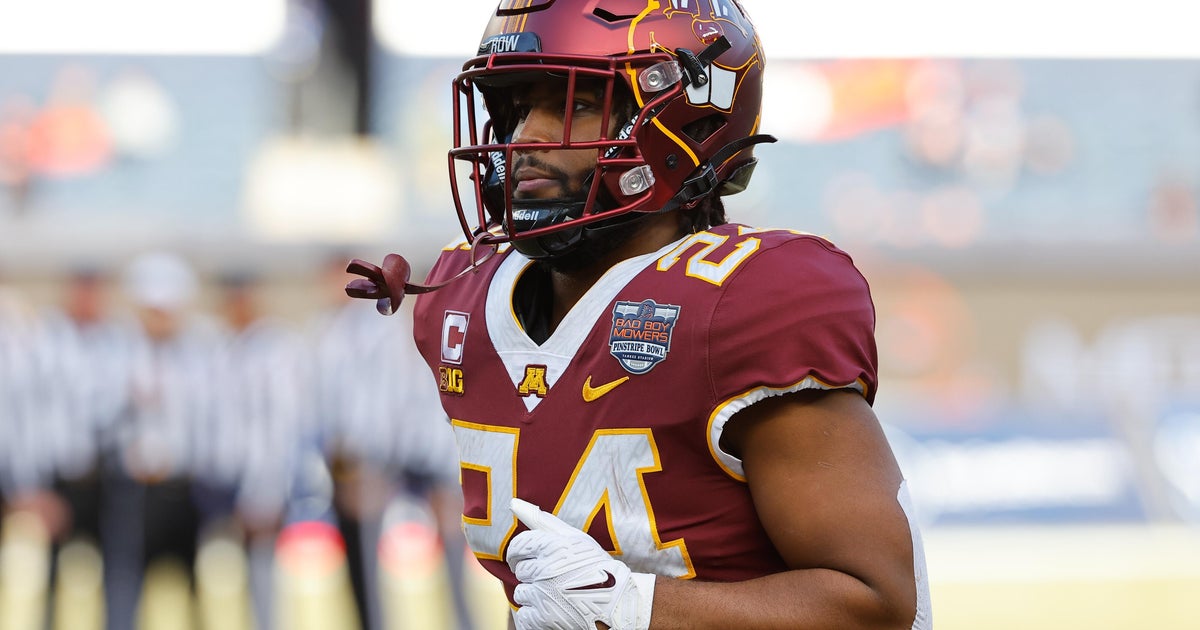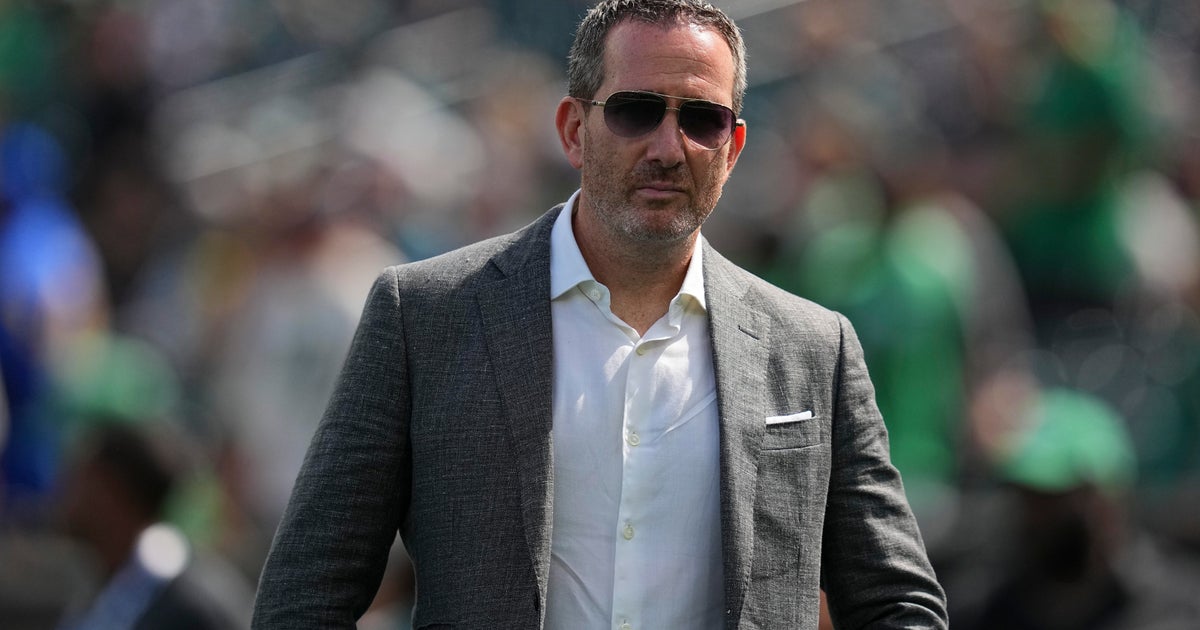Silverman: Tanking In The NFL Leads To Nothing But Misery
By Steve Silverman
» More Columns
There's a relatively new school of thought that it's OK to tank in the NFL and rebuild a team through the draft.
In recent years, it seems the Cleveland Browns have adopted that philosophy and the Jets appear to be following Cleveland's lead.
It's a disastrous school of thought.
It's too hard to find talent in the NFL draft to employ this philosophy. First-round picks fail regularly, let alone those taken in the second round or later. Finding the future is not about looking at successful college players and bringing them into the fold. It's much more involved and quite complicated.
Tanking may make some sense in the NBA, where one or two superb young players can lift the fortunes of a moribund team and turn it into an immediate contender.
That theory is often overblown, however, because of teams like the Philadelphia 76ers. They had high draft picks for years and didn't make any progress until the 2016-17 season. The Sixers may be on their way to becoming a contender, but they have never come up with a Magic Johnson, Larry Bird, Michael Jordan, Kobe Bryant or LeBron James with any of their high picks.
So, while a quick turnaround can be accomplished in the NBA, it is anything but assured.
MORE: Lichtenstein: Jets Appear Fully Committed To The Tank
The idea of tanking in the NFL is beyond ridiculous. Finding a great quarterback who can turn a 4-12 team into a 12-4 team that has a chance to win the Super Bowl is simply not a credible notion.
The NFL game is too difficult to learn, and no rookie can absorb everything he needs to know and master it that quickly.
MORE: Memo To Jets: Darnold Disputes Report About Staying At USC
Rookie quarterbacks are capable of stepping in and winning, just like Dak Prescott did last year with the Dallas Cowboys. However, Prescott was not stepping into a barren situation. He came in with another brilliant rookie in running back Ezekiel Elliott, and the Cowboys also had a very high functioning defense under defensive coordinator Rod Marinelli, not to mention an absolutely stellar offensive line.
Prescott was not quite an afterthought when he started his first training camp last summer, but he was not part of the original gameplan. Tony Romo was the starting quarterback, and if he had remained healthy, would have relegated Prescott to at least a year of observation before getting his chance to play.
Prescott became the starter when Romo suffered a back injury that eventually led to the end of his playing career and his start as a television analyst. Prescott never had the burden of heavy expectations. He stepped into the breech and he ran with his opportunity.
Teams that tank need their rookies to step in and help turn things around in an instant. But it rarely works out that way.
Teams can have brilliant draft classes, but not out of desperation. The Pittsburgh Steelers are generally considered to have pulled off the best draft of all-time when they came up with wide receiver Lynn Swann (first round, 21st overall), linebacker Jack Lambert (second round, 46th overall), wide receiver John Stallworth (fourth round, 74th overall) and center Mike Webster (fifth round, 125th overall) back in 1974.
Those four players all ended up in the Pro Football Hall of Fame. The only other Hall of Famer selected in the entire 1974 draft was tight end Dave Casper, who was taken by the Oakland Raiders.
The Steelers would go on to win the Super Bowl that season and three more during the decade.
The Steelers were already a team on the rise when they made their four future Hall of Fame selections. They had been to the playoffs in each of the two previous seasons, going 11-3 in 1972 and 10-4 the following year. They were a very good team that became perhaps the best team of all-time as a result of that '74 draft.
The San Francisco 49ers had a brilliant draft in 1981 that helped turn Bill Walsh's team into a championship juggernaut. The Niners drafted Hall of Famer Ronnie Lott in the first round with the eighth overall pick, and he became one of the greatest defensive backs in the history of the game.
Remarkably, the Niners also selected defensive backs Carlton Williamson, Eric Wright and Lynn Thomas in that draft, and all but Thomas played key roles on a team that would go on to win the team's first Super Bowl.
The Niners had been woefully weak in the secondary before their rookie class arrived and that position turned into a sudden strength.
However, the rest of the team had been taking shape before the 1981 season. The Niners had Joe Montana at quarterback, and brilliant receiving targets in Dwight Clark and Freddie Solomon, plus an offensive line that was coming into its own.
Walsh had no idea that he would get three key contributors to his secondary that year. He knew that Lott had an excellent chance of contributing, but didn't expect him to become an all-time great player.
Williamson and Wright started in addition to Lott, and the trio combined for 14 interceptions and six fumble recoveries in '81. They were joined by second-year free safety Dwight Hicks, who alone had nine picks that season.
The idea that the Jets or any team can tank a season and then find success with a quick turnaround is beyond ridiculous.
It's stupid and lazy, and can't be accepted. Trading good, veteran players in the NFL for draft picks will lead to nothing but more pain and frustration for a team and its long-suffering fans.
Follow Steve on Twitter at @Profootballboy
